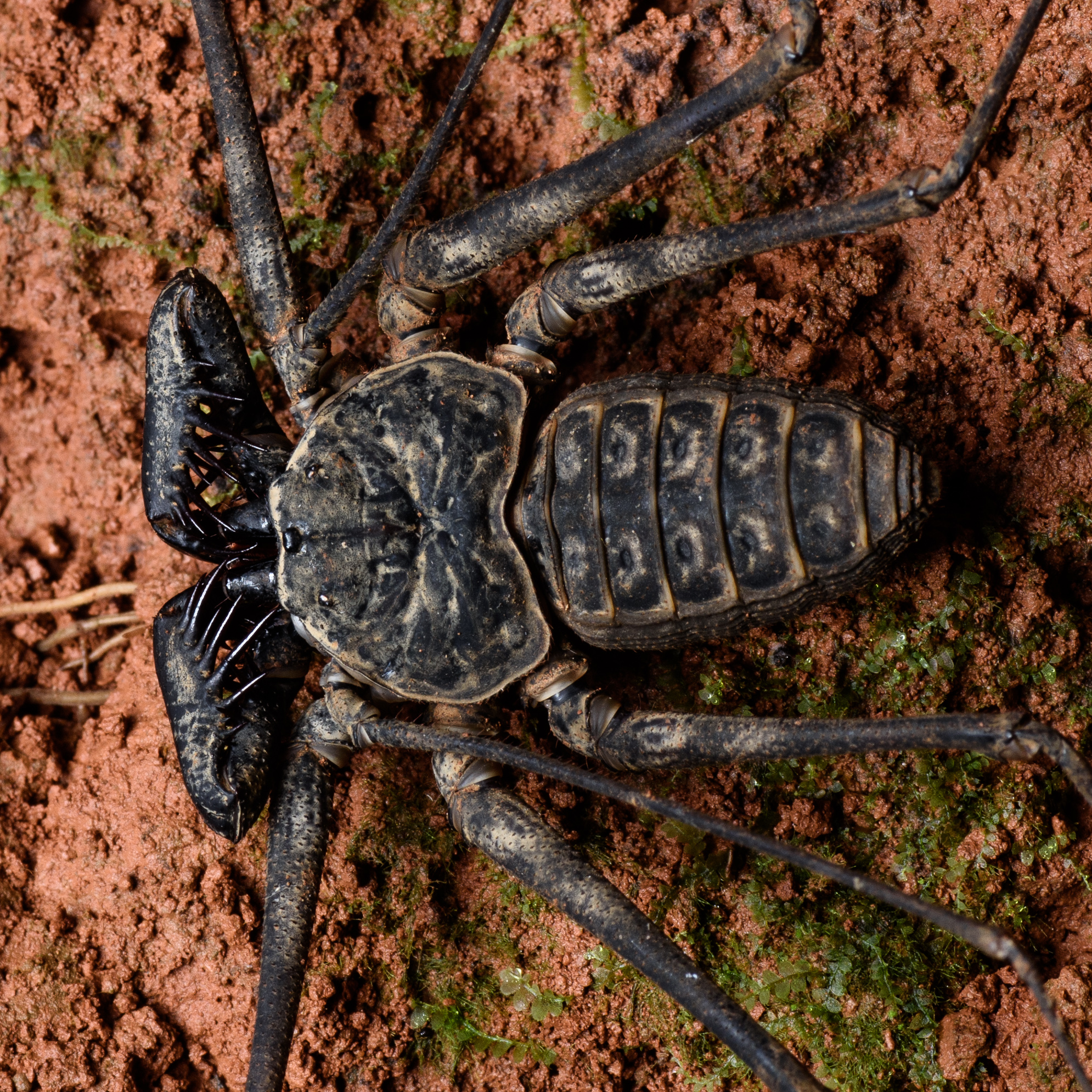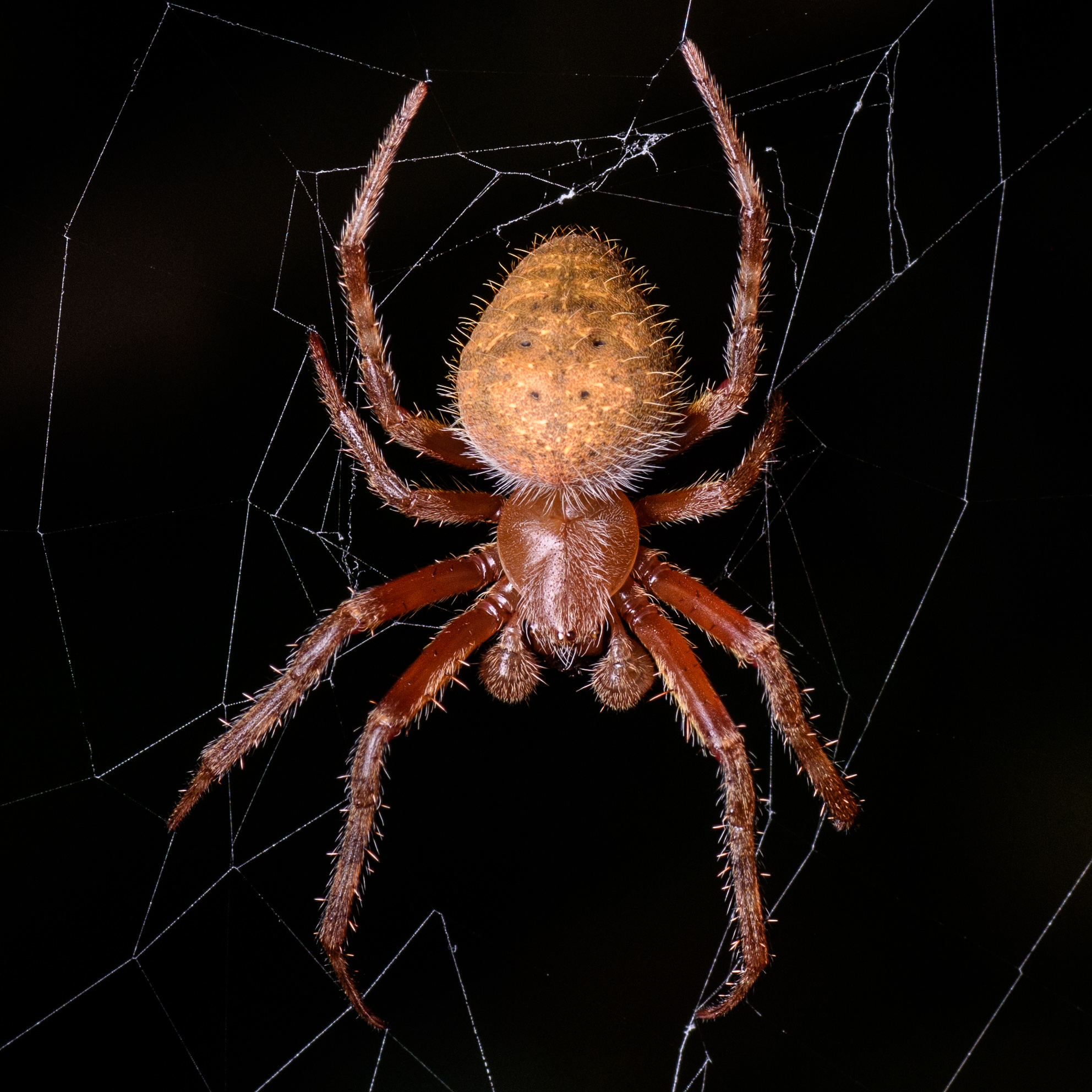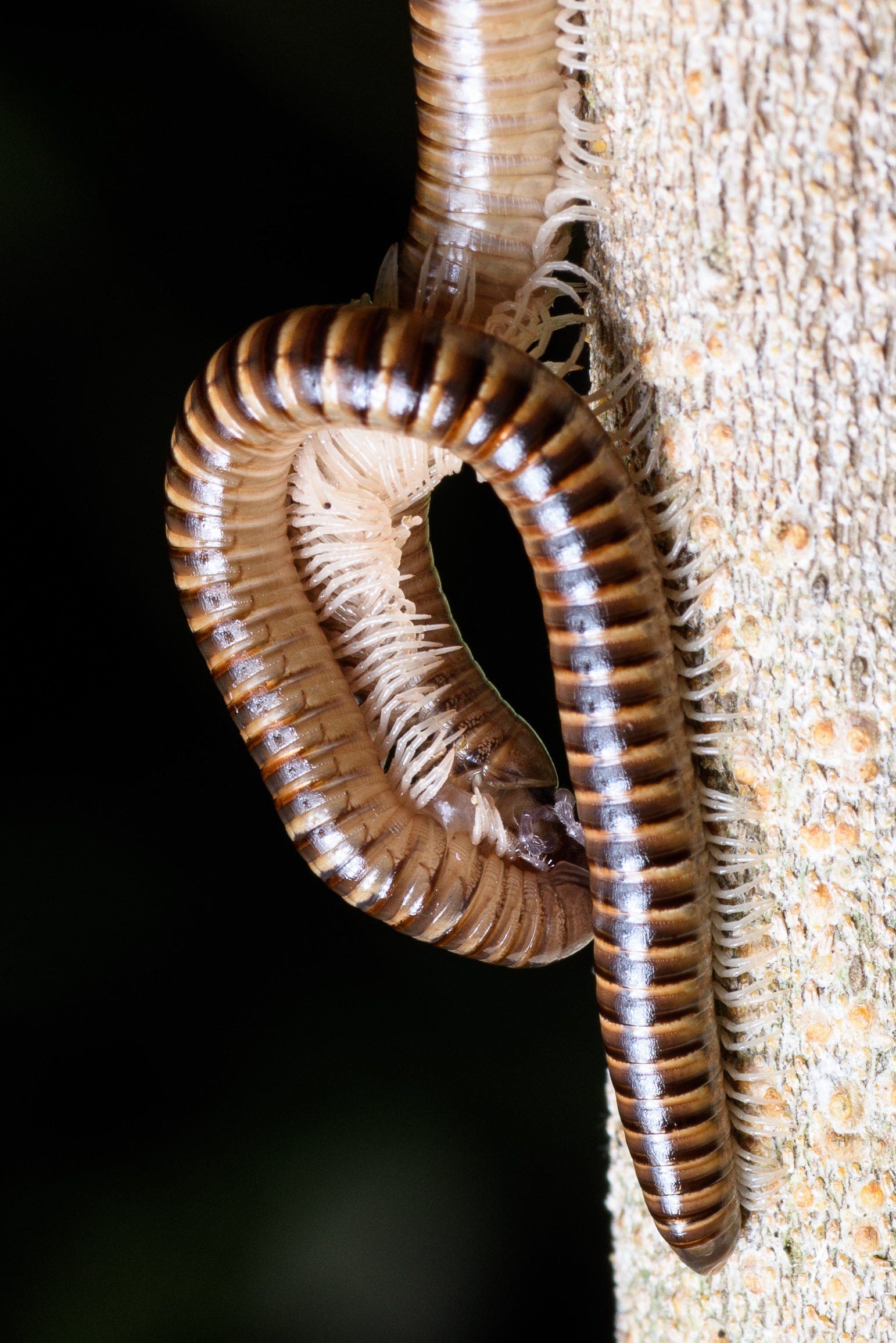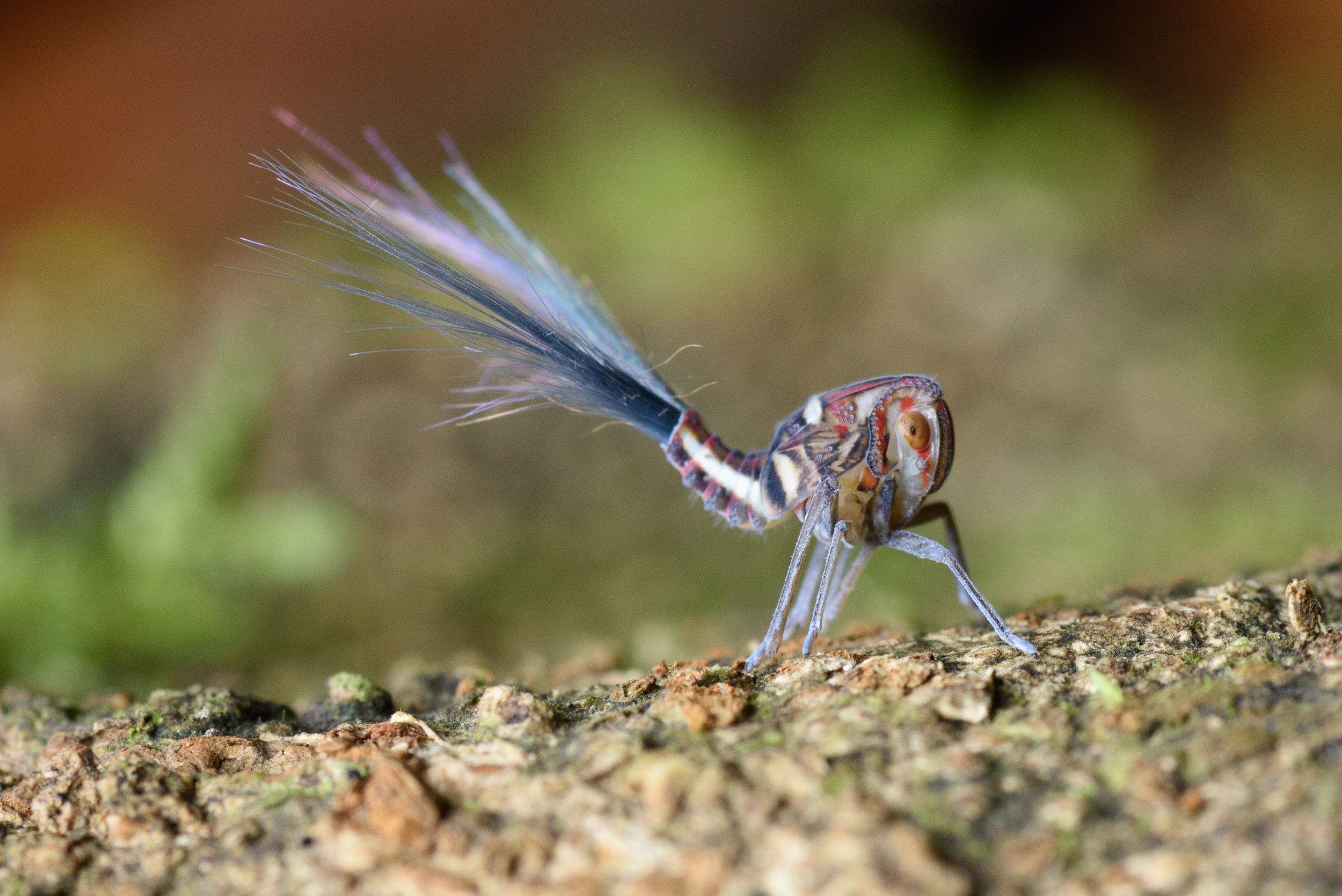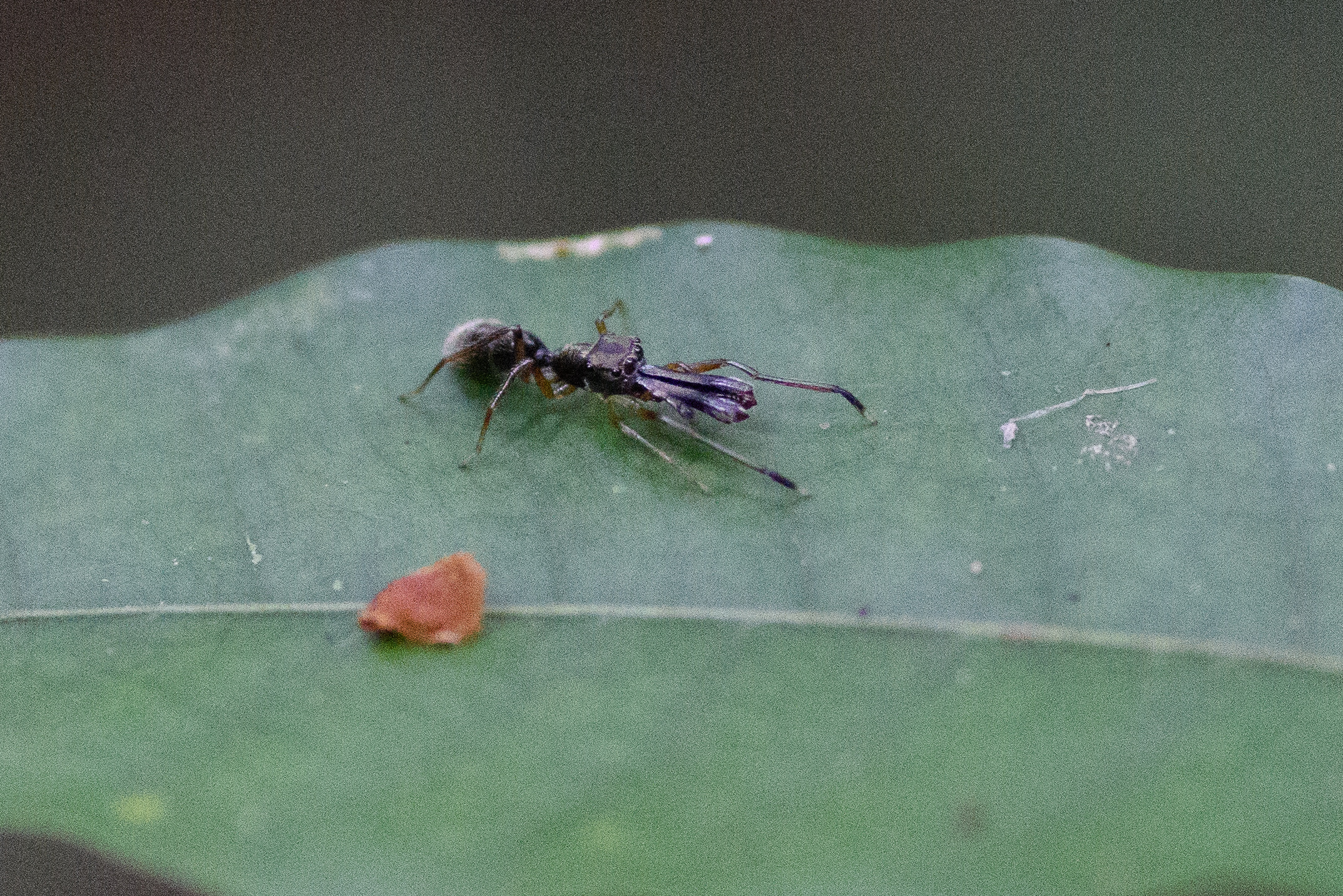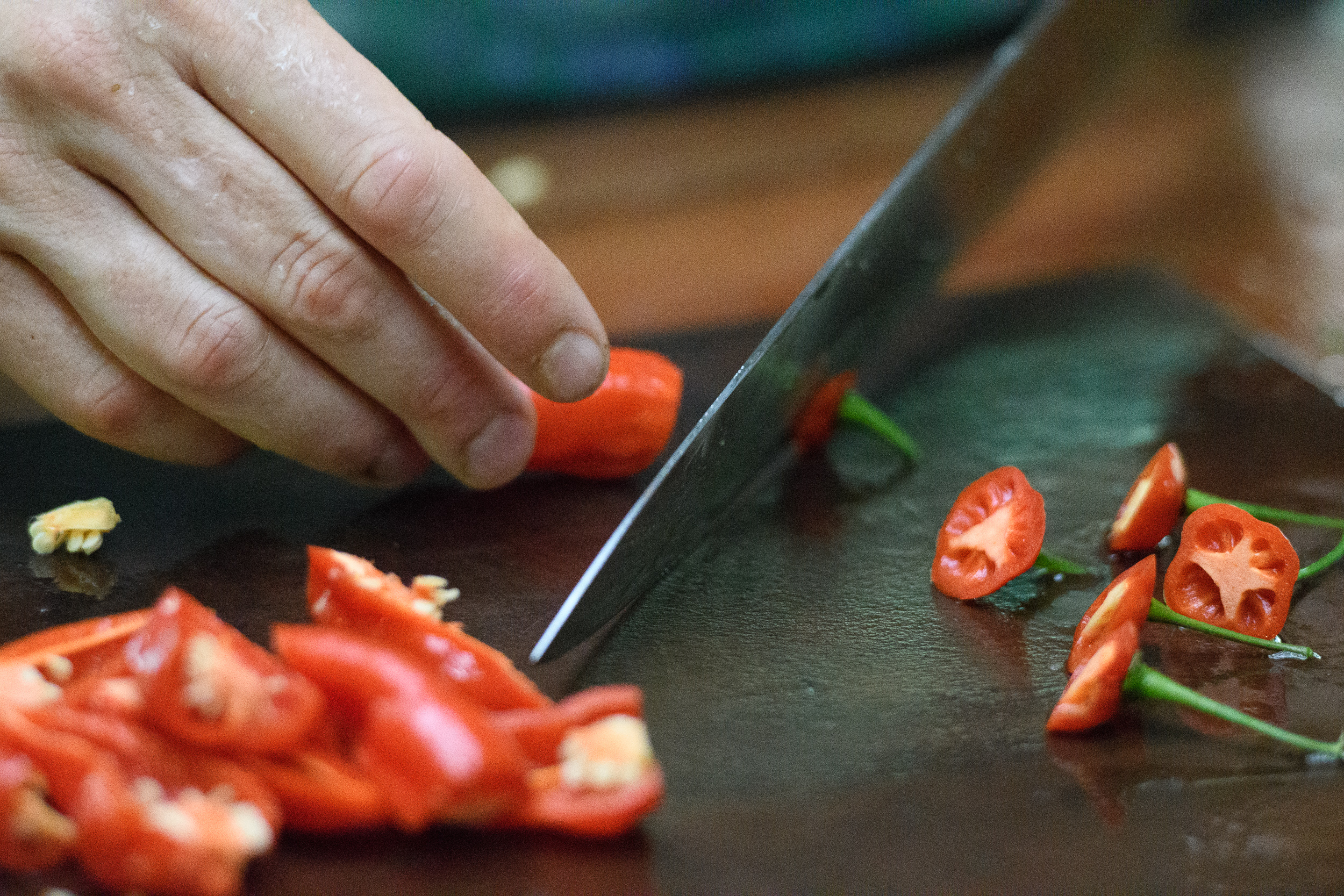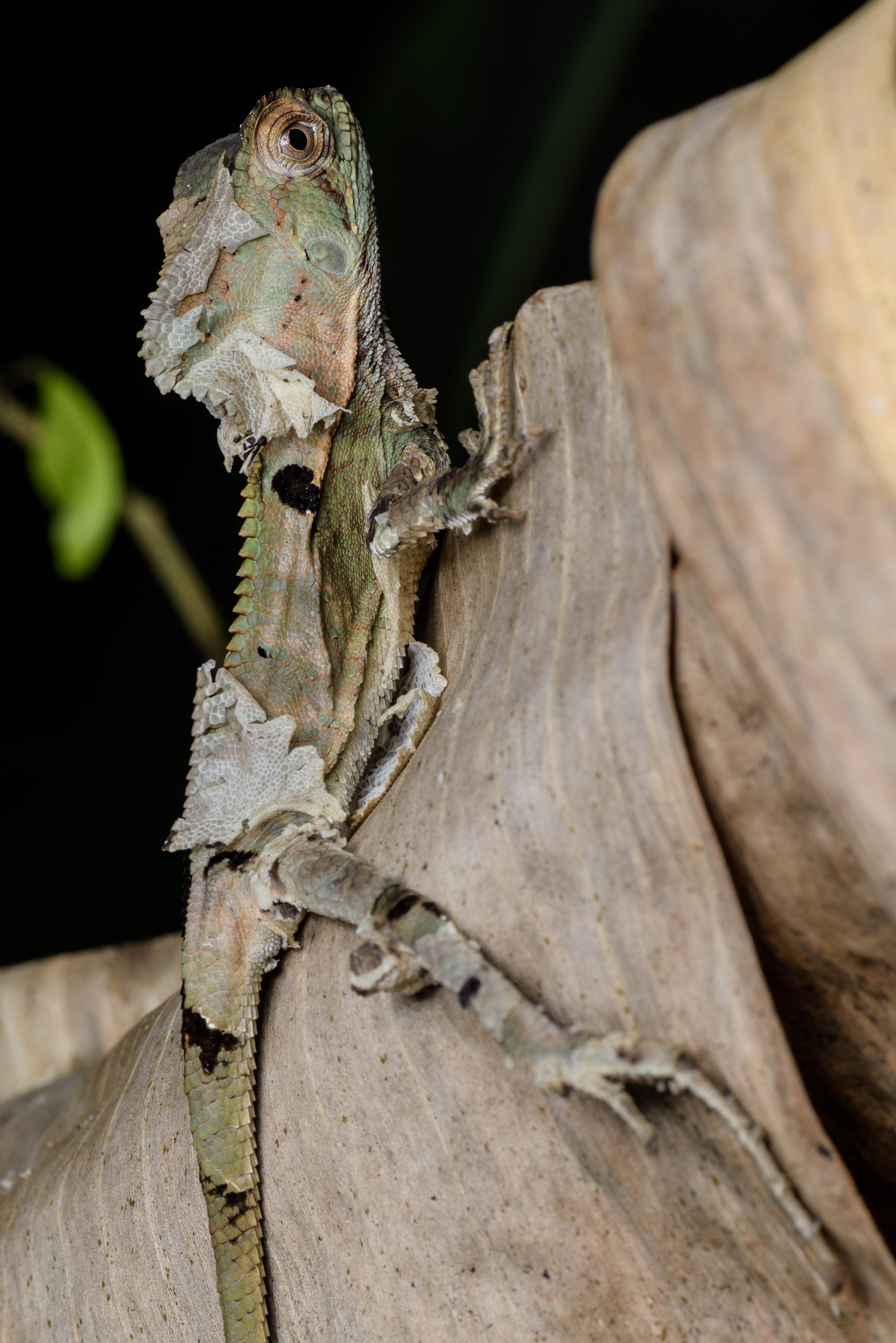Health and Safety
Our accumulated experience in Latin America will help to minimize the chances of any serious illness or injuries occurring, yet it is important to understand that there are certain inherent risks when traveling overseas and certain risks associated with travel in Latin America and the Tropics. There is not a full-time doctor at Rancho Mastatal nor can anyone there foresee all that can potentially go wrong in this environment. We do not compromise the safety of any individual for any reason, but it is critical that visitors understand the risks, and if there is any apprehension once the facts are known, we recommend that that person reconsiders travel in the tropics. It is not uncommon to get mildly sick when traveling in Latin America, although by taking the right precautions before, during and after your trip, it’s unlikely that you will become seriously ill. We are also happy to report that Costa Rica has one of the highest standards of health care and hygiene in Latin America, and even the world.
Vaccinations
Make sure that all of your normal vaccinations are up to date. No special vaccinations are necessary for travel in Costa Rica at this time. This does change though, so you may want to consult your physician for any changes or updates.
First-Aid Kit
Some items you may want to consider bringing:
your own prescription medications
medical tape
gauze pads
antihistamine or other anti-itch cream for insect bites
antiseptic/antibiotic cream
aspirin, ibuprofen and/or acetaminophen
lip salve
antifungal powder/cream
moleskin
Rancho Mastatal Medical Infrastructure
Rancho Mastatal maintains an extensive medical supply inventory and generally has Wilderness Responder Certificate holders on site. That said, we are not a clinic, hospital or doctors. Our training is important but not extensive. We are not medical professionals but do have a great deal of experience dealing with medical emergencies and other health issues. We have two vehicles that are available for use during emergencies.
Our accumulated experience in Latin America will help to minimize the chances of any serious illness or injuries occurring during your stay in Mastatal, yet it is important to understand that there are certain inherent risks when traveling overseas and undeniable risks associated with travel in Latin America and the Tropics.
There is not a full-time doctor at Rancho Mastatal or in the region nor can anyone here foresee all that can potentially go wrong in this environment. We will not compromise the safety of any individual for any reason, but it is critical that visitors understand the risks, and if there is any apprehension once the facts are known, we recommend that you reconsider travel to Mastatal. It is not uncommon to get mildly sick when traveling in Latin America, although by taking the right precautions before, during and after your trip, it’s unlikely that you will become seriously ill. We have traveled and lived extensively throughout Latin America, oftentimes journeying into the depths of jungles and up the highest mountains, and we happily report that we have never become seriously sick during these experiences. We are also currently raising our young daughter in Mastatal. She was born in Costa Rica. We are also happy to report that Costa Rica has one of the higher standards of health care and hygiene in Latin America.
Hospital Visits/Seeing a Doctor
In the case that you have to see a doctor, here is some information that may be of some help for you.
The closest staffed medical clinic is in the town of Salitrales, 45 minutes from Mastatal going towards Puriscal. This part-time clinic is public and open only on Mondays, Tuesday, Thursdays, and Fridays from about 8:30 a.m. until 2:30 p.m. At times, this clinic closes early on Fridays. The doctor in Salitrales usually speaks some English. If the doctor cannot adequately attend to your needs, he/she will refer you to the clinic in Puriscal, or the San Juan de Diós Hospital in downtown San José. The same group that works in the Salitrales clinic also staffs the part-time clinics in Zapatón and San Miguel. They operate every other Wednesday, rotating each week between the two communities.
The closest fully staffed, 24-hour hospital is in the city of Puriscal, a 1 hour and 30 minute drive from Mastatal. The hospital is about 5 miles outside of Puriscal going towards San Jose and is referred to locally as CAIS. Enter the hospital where it reads “Emergencias”, and look for a nurse. Many of the doctors at the clinic speak English. If the hospital cannot adequately attend to your needs, they will refer you to the San Juan de Diós Hospital in downtown San José.
In Puriscal, there are a number of private walk-in clinics that you can choose to go to instead of the public clinic. A private consultation generally runs about $30. This option is usually faster than going to CAIS. One choice is Dr. Charpentier, 2416-6171, next to the pharmacy near the post office though we have had a mix of good and bad experiences with him. There are other private medical offices in Puriscal, including one next to the Banco de Costa Rica, inside the pharmacy, where we have had some luck in the past.
Private Hospitals
If you would like the option to use the services of a private hospital, please travel with a major credit card as some of the private hospitals require an imprint of one before admitting you. Here's some contact information for some of the more well-known private hospitals in and around San Jose:
Hospital Cima
San Jose San Jose, Costa Rica
Emergencies: (506) 2208-1144
Telephone: (506) 2208-1000
Fax: (506) 2208-1001
email: cima@hospitalcima.com
website: http://www.hospitalcima.com/
This is the closest hospital to the Ranch and oftentimes where we bring people who need hospital care.
Hospital Clinica Biblica
Emergencies: (506) 2522-1030
Telephone: (506) 2522-1000
Fax: (506) 2258-7184
email: info@clinicabiblica.com
website: http://www.clinicabiblica.com/
This hospital has an excellent reputation in the region and is the oldest private hospital in Costa Rica.
Hospital La Catolica
Telephone: (506) 2246-3000
Fax: (506) 2283-6171
Address: San Antonio de Guadalupe al costado sur de los Tribunales de Justicia
email: info@clinicacatolica.com
website: http://www.hospitallacatolica.com/eng/indexeng.html
Our daughter Sole was born in this hospital. We had a positive experience.
Public Hospitals
The system of public hospitals in Costa Rica falls under control of the Caja Costarricense de Seguro Social (CCSS or Caja). While many of these hospitals may not look real pretty from the outside and may seen crowded and disorganized inside, they are generally considered quite good. Many of these hospitals provide first rate service at very low cost. Hospital Mexico has performed heart transplants that the private hospitals cannot or do not perform. They are also a first rate trauma center and cardiac center.
Here's a bit more information on three of the public hospitals.
Hospital San Juan de Dios
San José, Costa Rica
Telephone: (506) 2257-6282
website: http://www.hsjd.sa.cr/
This is a 680 bed hospital. The surgical theaters, cardiac care unit and the intensive care unit are well equipped. This is also the only hospital in Costa Rica with an adult burn unit.
Hospital Mexico
Uruca, San José, Costa Rica
Telephone: (506) 2232-6122
Address: Barrio La Uruca in front of the Autopista to the Airport
This hospital has 633 beds. It has many well trained physicians, however it is crowded and there are equipment shortages. This hospital could be utilized in the cases of a life threatening emergency.
Hospital Rafael Ángel Calderón Guardia
San José, Costa Rica
This is a 622 bed hospital. The surgical theaters, cardiac care unit and the intensive care unit are well equipped. This hospital could be utilized in the case of a life-threatening emergency.
Please bring the following when going to visit a doctor, clinic and/or hospital:
Passport
Change of clothes
Medical insurance information
Money
Credit card
Toiletries
Any prescription medicine that you may be taking
Book/reading material and/or something to do while you wait/travel
Important phone numbers
Phone card (if you have one)
Toilet paper (if going to public hospital in San José)
The following are phone numbers that might prove helpful during your trip to the doctor/clinic/hospital:
Rancho Mastatal
2200-0920
8477-6560
Fernando Arias
Private taxi in Puriscal and friend of Rancho Mastatal
2416-7961 or 8633-2967
Quepos Hospital
2777-0922
In the case that you need to stay a night or more in San José, following are some lodging options:
SAN JOSÉ
Hostel Pangea, (506) 2221-1992, (506) 8396-0364, hostel@email.com, www.hostelpangea.com, 6 blocks north from Plaza de la Cultura, Central Avenue. Free calls to USA and Canada. Breakfast included in price. Free Internet. Free storeroom. Hot showers. Full kitchen. TV Cable.
Costa Rica Backpackers Hostel, (506) 2221-6191, fax (506) 2222-0588, info@costaricabackpackers.com, www.costaricabackpackers.com, Avenida 6, Calle 21 and 23, ½ block east from the northeast corner of the Supreme Court building. Good bang for the buck. Free Internet. Kitchen facilities. Swimming pool. Free tea and coffee. Hot showers.
Tranquilo Backpackers, (506) 2223-3189, (506) 8355-5103, www.tranquilobackpackers.com. From the Holiday Inn, ¼ block north on Calle 7. Hot showers, laundry service, mixed dorms, live music, Internet access.
Hotel Aranjuez, (506) 2256-1825, Calle 19, Avenida 11 y 13, 25 meters south of the church Santa Teresita. Good value. Comes highly recommended.
ESCAZÚ
Casa de las Tías, (506) 2289-5517, fax (506) 2289-7353, casatia@costarica.net, San Rafael de Escazú. If you want to be close to San José, but not necessarily in the city, and want to treat yourself, then this is the place that we would most recommend. Five rooms share three bathrooms. Close to restaurants and nightlife in Escazú, though far enough away to be quiet.
Potential Health Concerns
Allergies to Stinging Insects
If you know that you are allergic to any stinging insects and have been instructed to carry an Epipen by a doctor, it is critical that you carry it, along with Benadryl or a similar antihistamine, with you at ALL times during your stay in Mastatal. There are many wasps, bees and other stinging insects in our region and it is not uncommon for people to get stung. We are somewhat remote and therefore travel to the closest open medical clinic can take up to two hours. If you know that you have an allergy to any stinging insects, please think hard about a trip to Mastatal. If after weighing the risks you decide to join us at the Ranch, please come fully prepared in the case that you get stung. And please advise us of your allergies as soon as you arrive.
Water
The water at Rancho Mastatal is potable, clean and delicious. Please do not bring a disposable water bottle to the Ranch unless you plan on taking it with you when you leave.
Glasses
If you wear prescription glasses, make sure you have a spare pair and a copy of the prescription. The tropical sun is strong, so you may want to have a pair of prescription sunglasses made. Ensure that you have an adequate supply of any prescription medicines that you use regularly. If traveling with young children, please exercise extra care to ensure their safety.
Diarrhea
The change in diet that you will experience means that you will be susceptible to minor stomach ailments, such as diarrhea. Pepto-Bismol- like products usually take care of the discomfort quickly, although it may take a few days to "work it out" of your system. We also make ginger tea and other natural remedies at the Ranch to help with upset stomachs and other minor health ailments.
Insect Problems
If you get bitten by an insect, avoid scratching. This is oftentimes easier said than done. To alleviate itching, try applying hydrocortisone cream, a clay slip, citrus juice or calamine lotion to the bite, or soak the affected area in baking soda. Scratching can open bites and promote infections. Infections do not heal well in the Tropics, so if an area does get infected, it is critical to care for the area by keeping it clean. Scorpions and spiders can give severely painful, but rarely fatal, stings or bites. A common way to get bitten is to put on your clothes and shoes in the morning without checking them or shaking them out first. Look where you place your hands when reaching to a shelf or branch.
Snakes
A number of venomous snake species reside in our region, amongst them the fer-de-lance, the eyelash pit viper and the coral snake. Around 500 snakebites are reported each year in Costa Rica. Most occur amongst farmers and field workers. It is unlikely that a snake will bite you during your stay in Mastatal though the possibility does exist, and therefore we stress education about our local reptilian friends and caution when walking in the forest and at night. We have each Ranch visitor read through an information sheet about snakes upon arriving. With groups, we talk about snakes extensively during their orientation session.
If you use common sense when in the forest and when walking at night, you will most likely not have any problems with snakes while in Mastatal. Always walk with a flashlight at night. Stay on the path when hiking in the forest. Always hike with at least two other people. Never reach into holes or branches or under rocks without first looking what might be there. Snakes, especially pit-vipers, can be extremely well-camouflaged creatures. Some are arboreal. If bitten, it is important to stay calm, remove restrictive jewelry and clothing, immobilize the bitten limb and get to medical attention as soon as possible. Many venomous snakes are nocturnal, doing their hunting at night. It is best to do your hiking during the day, and leaving the nights to stargazing, playing music, and listening to the mesmerizing sounds of the forest. Again, we will go over all of this information with you in more detail upon your arrival to Mastatal. If you have any specific questions about snakes prior to your arrival, please send us an email.
Lightning
Mastatal runs along a ridge. This coupled with occasional thunderstorms can put uneducated visitors at risk of a lightning strike. When rains associated with thunder and lightning do move into our area, we ask visitors to unplug any electrical devices and avoid showers and exposed areas such as the community soccer field. We suggest that everyone finds a nice comfortable place indoors to ride out the storm. For those that find themselves outdoors during a storm, we advise them to take precautions such as staying clear of tall trees. We have not heard of anyone in our region getting struck by lightning but have seen and heard strikes close to town. If everyone takes the necessary steps to stay safe, lightning should not ruin anyone's trip to our town.
Heat and Sun
The heat and humidity of the Tropics can and will most likely make you sweat more than you are used to. It is extremely important to maintain a high fluid intake and to protect yourself from direct sun. If you do not replace fluids lost as a result of sweating then you may experience bad headaches, cramps or much worse. The tropical sun can severely burn you, a warning to those looking to get a great tan while in the Tropics. Take heed. Drink tons of water, use sunscreen, and do not take in too much direct sun during the hottest part of the day. The power of the tropical sun cannot be overemphasized. Don’t spoil your trip by trying to get a nice tan. Wearing a wide-brimmed hat while in the sun is also a great idea.
Chikunguya Virus
This is an illness that recently arrived to Central American that is caused by a virus that spreads through mosquito bites. The most common symptoms of chikungunya are fever and joint pain. Other symptoms may include headache, muscle pain, joint swelling, or rash.
There is currently no vaccine or medicine to prevent chikungunya. Reduce the chances that you will be bitten by mosquitoes during your trip. Cover exposed skin by wearing long-sleeved shirts, long pants, and hats and use an appropriate insect repellent as directed.
Dengue Fever
Dengue fever is a painful, debilitating mosquito-borne disease caused by any one of four closely related dengue viruses. This disease is prevalent in Costa Rica but rare in Mastatal.
Symptoms, which usually begin four to six days after infection and last for up to 10 days, may include:
Sudden, high fever
Severe headache
Pain behind the eyes
Severe joint and muscle pain
Fatigue
Nausea
Vomiting
Skin rash, which appears 2 to 5 days after the onset of the fever
Mild bleeding (such as a nose bleed, bleeding gums, or easy bruising)
9-1-1
Just like in the United States, the main emergency number in Costa Rica is now 9-1-1. This number covers the following emergency institutions:
Red Cross
Fire Fighters
National Emergency Commission
National Intoxication Centre
Civil Guard
Police Patrols
Transit Police
Judicial Investigation Bureau (Organismo de Investigación Judicial – OIJ)
Medical Attention
If you’ve taken the precautions mentioned in the previous sections, you can look forward to a generally healthy trip. Should something go wrong, however, you can get good medical advice and treatment in San José. The social security hospitals provide free emergency services to everyone, including foreigners. Private clinics are also available and their services are normally of a higher standard than the social security hospitals. Costa Rica has one of the best medical systems in Latin America, and the entire world.
Traveler's Insurance
We strongly recommend buying travel's insurance prior to your arrival to Costa Rica. Make sure that your insurance covers all of your potential medical expenses including evacuation costs in the case that you have to be flown out of the country. Check with your insurance agent to get information about the coverage that he/she offers. There are many options out there. Do your research and get excellent coverage.


